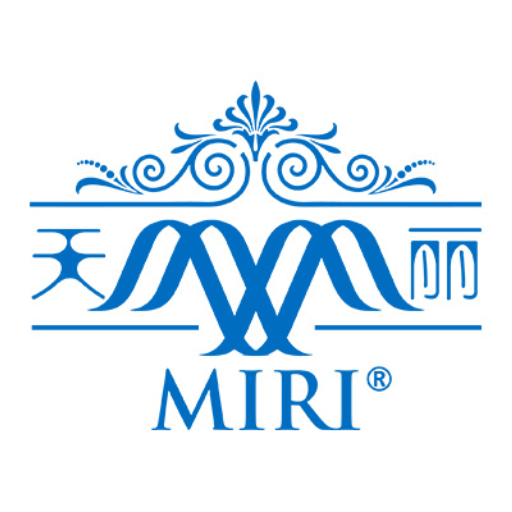The Complete Guide to Embracing Menopause Naturally
Menopause marks a significant transition in a woman’s life, signaling the end of reproductive years and the beginning of a new chapter. Understanding this natural process and learning to navigate its symptoms can help you maintain optimal health and vitality during this transformative time.
Understanding What Menopause Really Is
Menopause officially occurs when a woman has gone 12 consecutive months without a menstrual period, typically occurring between the ages of 45-55. This transition happens as ovarian function declines, leading to reduced production of key hormones like estrogen and progesterone. Understanding menopause involves recognizing that it’s not just a single event but a process that unfolds over several years, often beginning with perimenopause in a woman’s 40s.
Common Menopausal Symptoms
The hormonal shifts during menopause can manifest in various ways, with symptoms varying significantly from woman to woman. Common physical symptoms include hot flashes, night sweats, vaginal dryness, sleep disturbances, and changes in skin elasticity. Many women also experience emotional changes, such as mood swings, anxiety, or feelings of sadness. Recognizing these symptoms as part of a natural transition rather than individual problems is the first step toward effective management.
Beyond the well-known symptoms, menopause can bring other changes that catch many women by surprise. These may include changes in body composition, shifts in metabolism, urinary tract changes, and alterations in hair and nail quality. The changes that occur after menopause highlight the body’s adaptation to new hormone levels, presenting both challenges and opportunities for renewed self-care.
Natural Approaches to Managing Menopausal Symptoms
Many women find relief through natural approaches that work in harmony with their bodies. Regular exercise, particularly a combination of cardiovascular, strength training, and flexibility activities, can help manage weight, improve mood, and reduce the severity of hot flashes. A balanced diet rich in fruits, vegetables, whole grains, and lean protein provides essential nutrients to support your body through this transition.
Stress management techniques are particularly valuable during menopause. Practices like meditation, deep breathing exercises, yoga, and tai chi can help balance the nervous system and reduce the intensity of hot flashes. Quality sleep is another crucial component, as insomnia and disrupted sleep patterns are common during menopause. Creating a relaxing bedtime routine and maintaining a cool, comfortable sleep environment can make a significant difference.
The Role of Supplements in Menopause Management
Nutritional supplements can provide valuable support during menopause. Many women benefit from supplements containing phytoestrogens, which are plant compounds that can help balance hormone levels. The Miri Feminine Essence is specifically formulated to support menopause relief, hormone balance, and breast firmness while enhancing mood, skin hydration, and overall female vitality.
Collagen also becomes increasingly important during menopause, as declining estrogen affects skin elasticity and joint health. Our Miri Collagen Protein helps boost skin elasticity, reduce wrinkles and acne, strengthen hair and nails, and support joint health – addressing multiple concerns that often arise during menopause.
Embracing Your Menopausal Journey
While menopause brings challenges, it also offers an opportunity for renewed self-awareness and intentional self-care. This transition period invites women to prioritize their health and well-being in new ways, often leading to greater wisdom, confidence, and personal growth.
Remember that every woman’s menopausal journey is unique. What works for one person may not work for another, so it’s important to listen to your body and consult with healthcare professionals to develop a personalized approach. By combining lifestyle modifications, nutrition, appropriate supplementation, and medical guidance when necessary, you can navigate menopause with grace and vitality.
The transition through menopause is not a decline but a transformation – a time when many women report feeling more authentic, empowered, and connected to their true selves. By supporting your body through this natural process, you can embrace this new chapter with confidence and radiant health.
